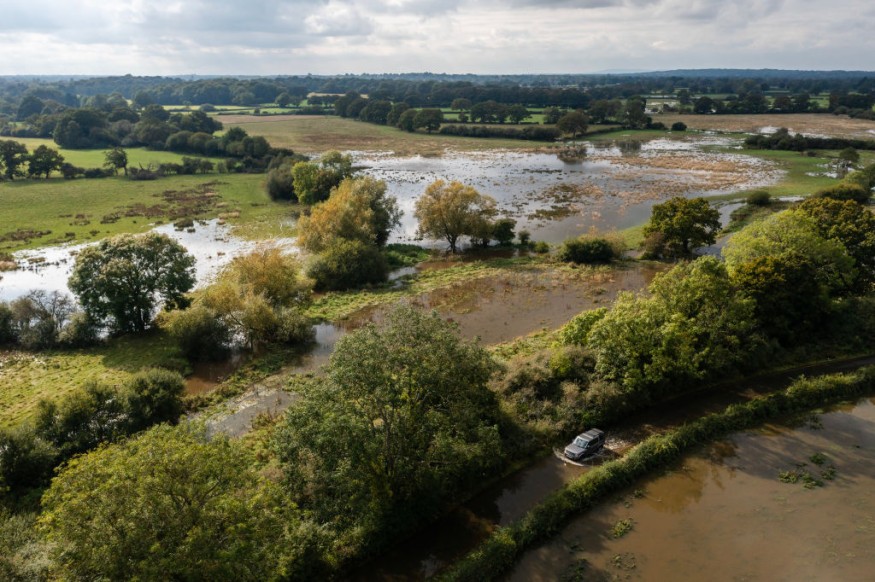
England is grappling with its second worst harvest on record, raising alarms for farmers and consumers alike.
Heavy rainfall from last winter has severely impacted the production of essential crops, such as wheat and oats. This situation has significant implications for the country's food supply and overall agricultural stability.
The prolonged cold and damp conditions have been a persistent issue since last autumn, stretching into the spring and early summer. The impact of this weather has not only affected staple crops but has also posed challenges for the growing U.K. wine industry.
Reports indicate that wine producers are experiencing declines in their harvests, with reductions ranging from 75% to one-third, depending on the region.
According to the Energy and Climate Intelligence Unit (ECIU), England's wheat production for this year is projected to reach only 10 million tonnes, reflecting a concerning decrease of 21% compared to 2023.
Further data released by the Department for Environment, Food and Rural Affairs reveals that winter barley production has dropped by 26%, and the winter oilseed rape harvest has seen a decline of 32%.
READ MORE : Australia's Coal Mines, Gas Fields Could Be Doubling Methane Emissions, Energy Think Tank Warns
Analyst Warns of Climate Change's Dire Impact on UK Harvests
Tom Lancaster, an analyst at ECIU specializing in land, food and farming, commented on the dire situation, stating, "This year's harvest was a shocker, and climate change is to blame."
While increased imports may provide some relief to shoppers, Britain's farmers are enduring significant hardships due to the ongoing climatic challenges.
Lancaster stressed the urgent need to address climate change, declaring, "It is evident that climate change poses the greatest risk to food security in the UK."
He warned that the consequences of inaction will only escalate unless there are significant efforts to reduce greenhouse gas emissions.
This year, the weather has also delayed the start of the new growing season. Unprecedented rainfall in September made it difficult for farmers to plant crops, preventing them from taking advantage of the more fruitful winter harvest.
For the second consecutive year, farms in southern England have faced devastating crop losses, leading to increased reliance on spring wheat. However, spring wheat yields are typically only about half of what winter wheat can produce, according to The Independent.
Farmers now face a dual threat: flooding that complicates autumn planting and potential drought conditions that jeopardize spring planting.
© 2025 NatureWorldNews.com All rights reserved. Do not reproduce without permission.





